Introduction
Sher Bahadur Deuba (born 13 June 1946, Dadeldhura) is a Nepalese politician and a five-time Prime Minister, as well as one of the country’s most experienced leaders. As President of the Nepali Congress, he has guided the party through significant democratic changes and political upheavals. He gained political prominence quickly, and indeed, his commitment to upholding parliamentary democracy impressed his followers. Nevertheless, his career reflects a blend of challenges and successes in Nepalese politics.
Quick Facts
- Full Name: Sher Bahadur Deuba
- Born: 13 June 1946, Asigram (Ashigram), Dadeldhura District, Nepal
- Political Party: Nepali Congress (NC)
- Position: President of Nepali Congress, Former Prime Minister of Nepal (five terms)
- Parliamentary Career: First elected in 1991; multiple re-elections
- Prime Minister Terms: 1995-1997, 2001-2002, 2004-2005, 2017-2018, 2021-2022
- Education: BA (Humanities), BL (Law), MA (Political Science) – Tribhuvan University; Research Fellow-London School of Economics (1989-1990)
- Spouse: Arzu Rana Deuba (politician and social worker)
- Key Focus Areas: Democracy, governance reform, constitutional order, coalition politics
- Achievements: Oversaw 2017 local, provincial, and federal elections under the new constitution; defended parliamentary democracy against authoritarian interventions.
Early Life and Education
Sher Bahadur Deuba was born on 13 June 1946 in Asigram, Dadeldhura District, a remote part of western Nepal. He grew up in a modest family, where rural challenges shaped his perspective on society and governance. He completed his higher studies at Tribhuvan University, earning degrees in humanities, law, and political science. Subsequently, he expanded his academic experience as a Research Fellow at the London School of Economics from 1989 to 1990. Consequently, these educational achievements provided the foundation for his long political career and leadership roles.”
Sher Bahadur Deuba’s Personal Life and Health
Sher Bahadur Deuba is a married man with a son and a wife, Arzu Rana Deuba, who is both a social worker and a politician. Moreover, their partnership has kept him closely connected to politics and various social causes. Although he has generally enjoyed good health despite a demanding political life, old age has occasionally raised questions about his stamina. Nevertheless, he remains an active party leader and a prominent figure, capable of handling even the most stressful political situations. Overall, his stable personal life and sustained health have enabled him to remain at the heart of Nepali politics.”
Sher Bahadur Deuba Entry into Politics
Deuba was an activist in politics in his time as a student before democracy was restored in 1990. Therefore, very shortly after that, he challenged the first general elections in 1991 and was elected to Parliament. His triumph was the start of a journey that has seen him become one of the most well-known political personalities in Nepal.
Rise to Leadership
Sher Bahadur Deuba joined national politics after 1990 and quickly rose within the Nepali Congress. He became Prime Minister five times—in 1995, 2001, 2004-2005, 2017, and 2021. During this period, crises such as the Maoist war, royal interference, and constitutional conflicts tested the political system. Nevertheless, his multiple comebacks demonstrated his resilience and established him as one of the most experienced politicians in Nepal.
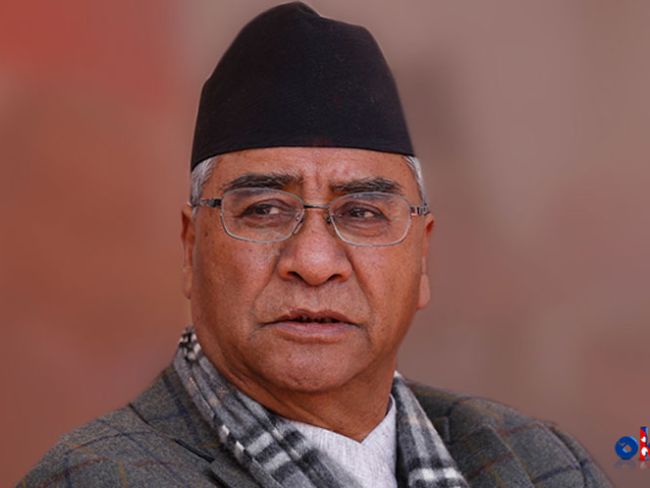
Sher Bahadur Deuba’s Role as Prime Minister
As Prime Minister, Deuba focused on democracy, governance, and elections. For example, in 2017, he organized Nepal’s first federal, provincial, and local elections under the new constitution. Subsequently, in 2021, the Supreme Court restored Parliament and reinstated him as Prime Minister. Therefore, these actions demonstrated his firm commitment to constitutional rule and democratic institutions.
Sher Bahadur Deuba in Nepali Congress Leadership
Deuba assumed the presidency of the Nepali Congress in 2016, solidifying his position as the most influential leader of the party. He was also a representative of Nepal on the global stage as Vice President of the Socialist International (2008-2012). In addition, his leadership both within the country and abroad reflects his capacity to strike a balance between domestic and international priorities.
Public Image and Criticism:
Sher Bahadur Deuba is generally regarded as a strong socialist who has emerged to protect parliamentary politics in times of crisis in Nepal. Moreover, his stamina, unflustered management, and capacity to maintain his belief system earn him admiration from supporters. On the other hand, critics blame him for being indecisive, forming weak alliances, and implementing gradual reforms. As a result, his public image remains divided, with some appreciating his experience while others point to a lack of significant change.”
Impact and Legacy of Sher Bahadur Deuba
The success of Deuba is largely due to his role in guiding Nepal through challenging democratic shifts, maintaining political stability, and increasing the presence of the Nepali Congress in rural areas. Furthermore, he is remembered for having preserved the democratic process and strengthened institutions during a critical period.
Gen Z Protest and Controversies
Protests Sparked by the Ban
As a result, the September 2025 Gen Z protests followed after the government banned social media, which is considered a direct assault on free speech.
Sher Bahadur Deuba as a Target
Consequently, he became a representative of the long-standing elite and the target of the young Nepalis who had to bring changes in the system of the old elite.
Violent Clashes
“Protesters broke into his Budhanilkantha residence, causing significant damage to the property and threatening Deuba and his wife, Arzu Rana Deuba.
Generation gap
Ultimately, the incident highlighted a stark contrast between the old political leadership and the new generation, with Gen Z speaking out.
Electoral History
| Election Year | Position | Constituency | Votes | Result |
|---|---|---|---|---|
| 1991 | Member of Parliament | Dadeldhura 1 | 24,570 | Elected |
| 1994 | Member of Parliament | Dadeldhura 1 | 20,701 | Elected |
| 1999 | Member of Parliament | Dadeldhura 1 | 28,651 | Elected |
| 2008 | Member of Constituent Assembly | Kanchanpur 4 | 20,529 | Elected |
| 2013 | Member of Parliament | Dadeldhura 1 | 23,920 | Elected |
| 2017 | Member of Parliament | Dadeldhura 1 | 28,446 | Elected |
| 2022 | Member of Parliament | Dadeldhura 1 | 25,534 | Elected |
Conclusion
The story of Sher Bahadur Deuba, from a humble family in Dadeldhura to a five-time Prime Minister, is the story of a strong and dedicated person committed to democracy. Moreover, as President of the Nepali Congress, he influenced the political process of Nepal through elections, coalition leadership, and governance reforms. However, professionally, he has faced scandals, been accused of weakness, and endured violent protests at his house by Gen Z demonstrators. Nevertheless, in spite of these challenges, he has remained a prototype of political survival and civic responsibility. Overall, the experience, persistence, risks, and accomplishments of Deuba’s long-term life in Nepalese politics reflect enduring leadership.”
You May Also Like:

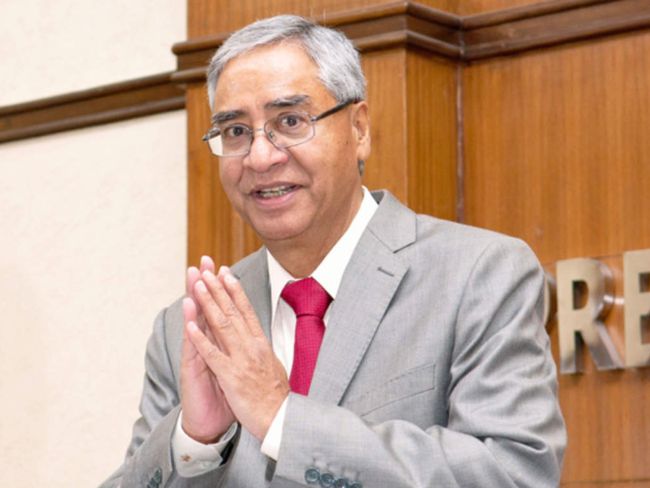
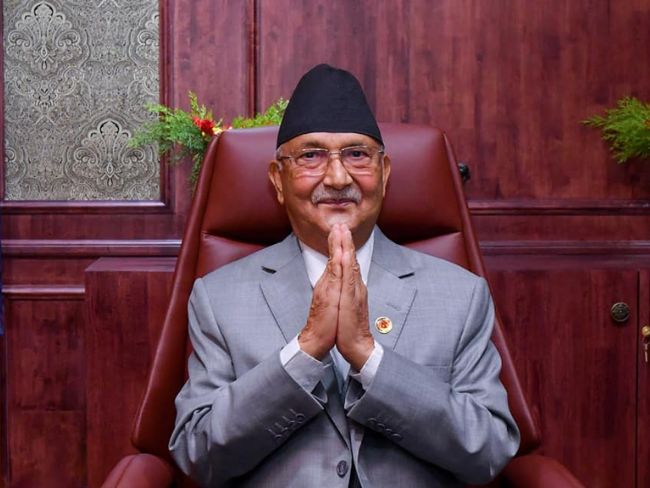
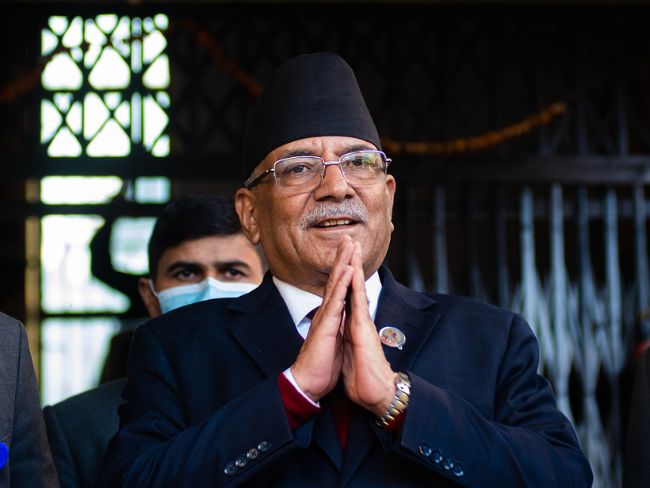
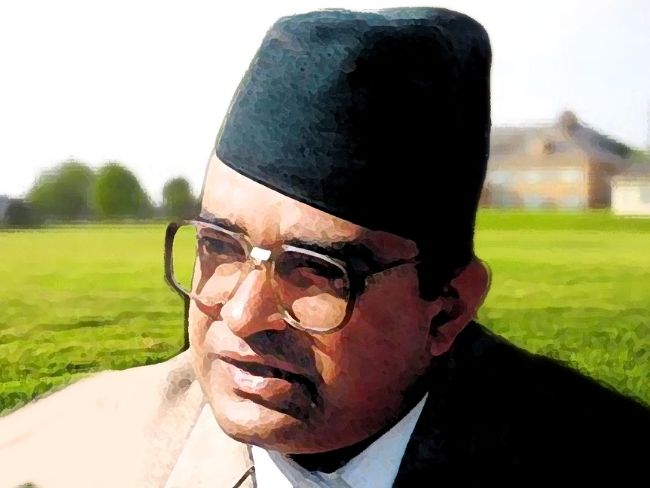
Comments are closed